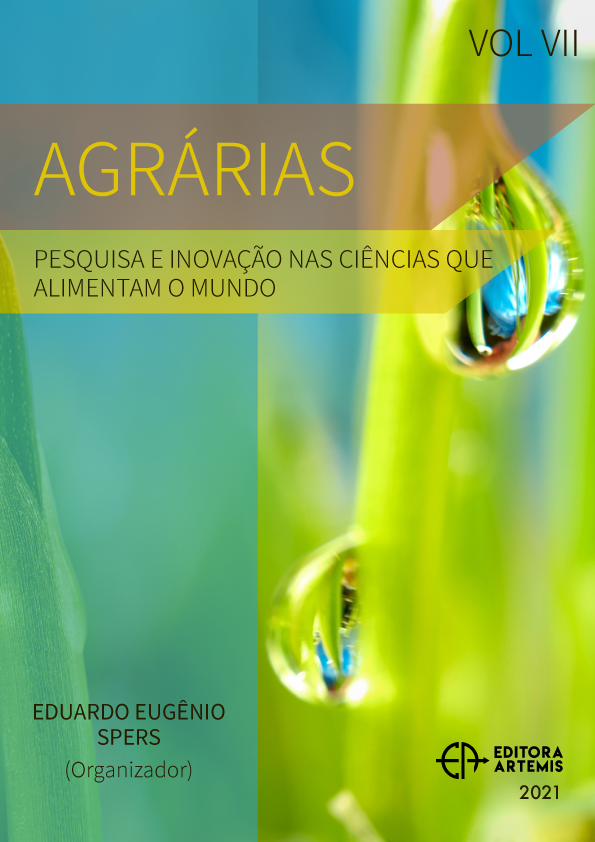
INTOXICACIÓN POR PLANTAS EN RUMIANTES: BASES PARA EL DIAGNÓSTICO CLÍNICO
Las plantas tóxicas pueden tener un efecto determinante en la salud animal y un grave impacto económico en las explotaciones pecuarias. Más allá de la naturaleza inespecífica de los cuadros clínicos, la escasez de informaciones veterinaria y botánica adaptadas a la realidad del trabajo veterinario diario, hacen particularmente difícil el establecimiento de las relaciones causa-efecto entre el consumo de plantas y la enfermedad animal. Por lo que es necesaria la profundización y la integración en la práctica clínica del efecto de la ingestión de plantas tóxicas en la salud de los rumiantes domésticos. Este trabajo es un resumen de información veterinaria y botánica útil sobre las principales plantas tóxicas de la flora mediterránea, indígena o naturalizada, centrado en la flora ibérica.
INTOXICACIÓN POR PLANTAS EN RUMIANTES: BASES PARA EL DIAGNÓSTICO CLÍNICO
-
DOI: 10.37572/EdArt_18122151426
-
Palavras-chave: plantas toxicas, rumiantes, ovino, caprino, bovino
-
Keywords: poisonous plants, ruminants, sheep, goat, cattle
-
Abstract:
Plant toxins can adversely affect animal health and also have a major economic impact on livestock farms. In plant poisoning, the clinical symptoms are often unspecific. Further, the lack of veterinary and botanical information adapted to each region and daily veterinary practice, make the establishment of cause-effect relationship between plant ingestion and animal disease difficult. Therefore, the effect of ingestion of toxic plants must be taken into account in the ruminant veterinary clinical practice the effect of ingestion of toxic plants on the health of domestic ruminants. This work aims to be a summary of useful veterinary and botanical information on the main indigenous or naturalized toxic plants of the Mediterranean flora, mainly focusing on the Iberian flora.
-
Número de páginas: 17
- Helder Quintas
- Carlos Aguiar
- Juan José Ramos Antón
- Delia Lacasta Lozano
- Luis Miguel Ferrer Mayayo

